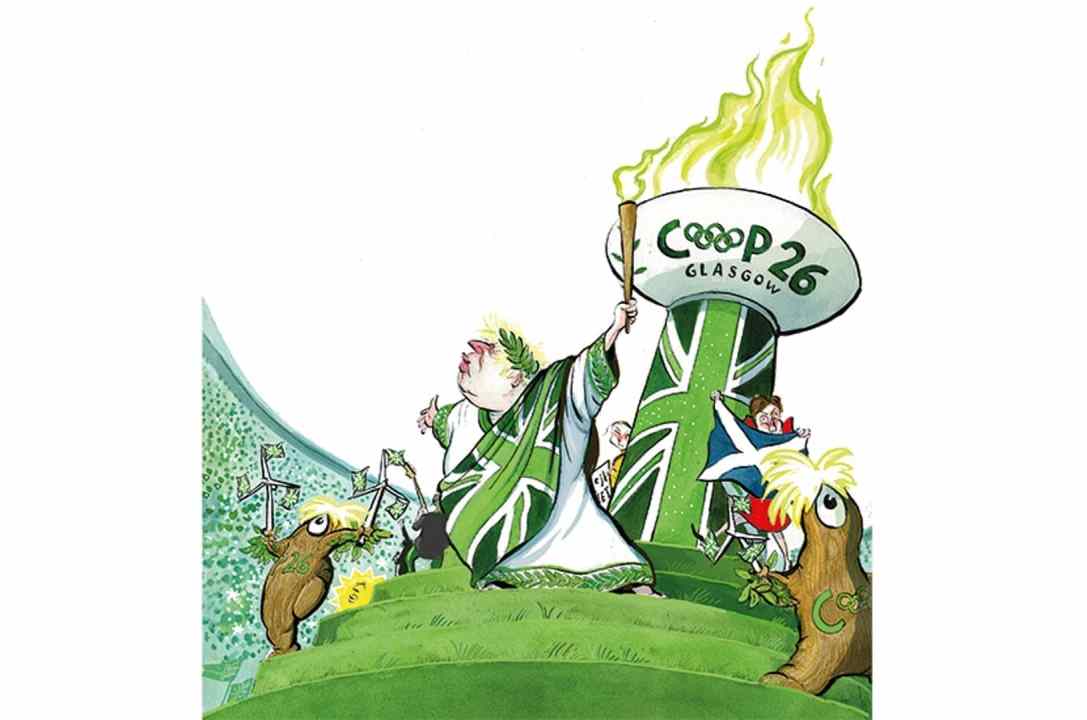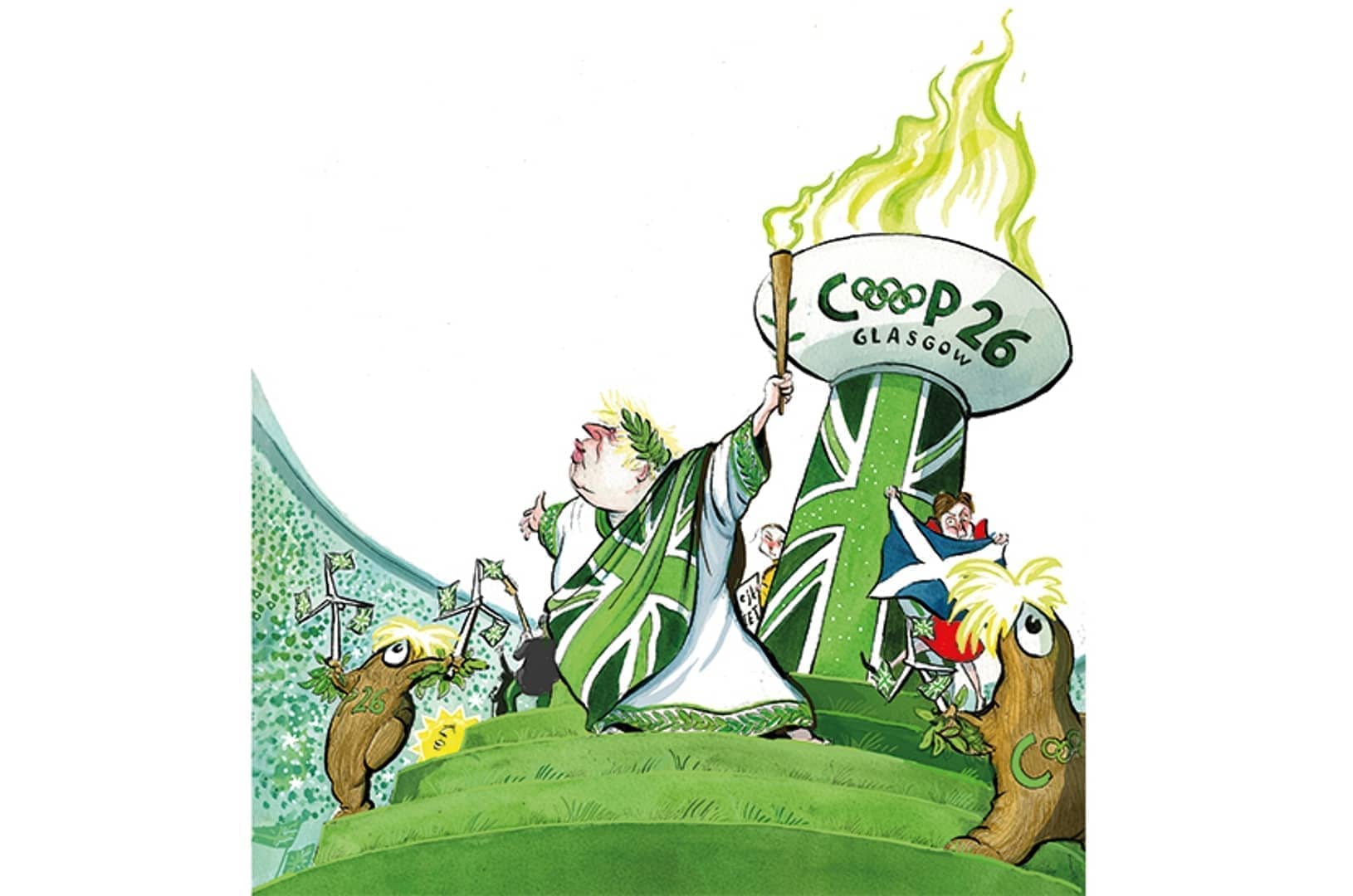In a 368-page document published this week, the government announced its strategy to cut emissions to net zero by 2050 and confirmed its target for all electricity to come from low carbon sources by 2035.
It’s difficult to imagine worse timing for the release. An energy crisis is exposing the failures of decades of massive state meddling in the market. Insulate Britain have been picnicking on the M4 and M25. And on Wednesday a leak of documents showed Saudi Arabia, Japan and Australia are asking the UN to play down the need to move rapidly away from fossil fuels.
None of this has weakened the Prime Minister’s resolve, though that’s hardly surprising. For some time, the net zero debate has essentially boiled down to how quickly the cultural elite can enforce total eco-austerity, rather than a nuanced discussion about trade-offs. Parliament declared a climate emergency in May 2019, and hasn’t looked back since.
We still don’t have a clear estimate from the government on the cost of reaching net zero by 2050
Proponents of net zero justify the policy with a range of pathways that supposedly show that it is both achievable and affordable.

Get Britain's best politics newsletters
Register to get The Spectator's insight and opinion straight to your inbox. You can then read two free articles each week.
Already a subscriber? Log in







Comments
Join the debate for just $5 for 3 months
Be part of the conversation with other Spectator readers by getting your first three months for $5.
UNLOCK ACCESS Just $5 for 3 monthsAlready a subscriber? Log in